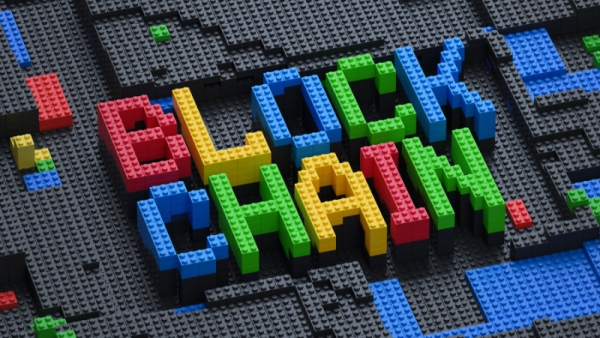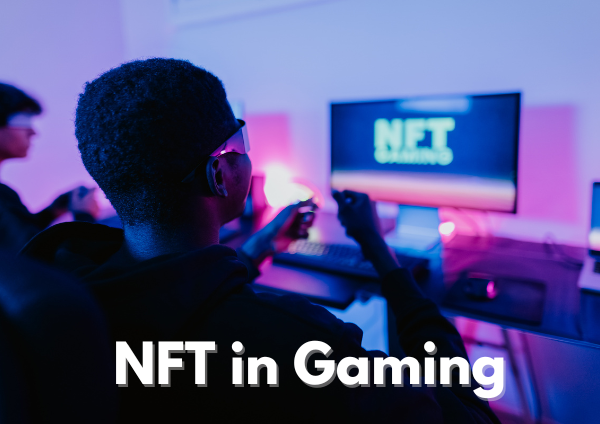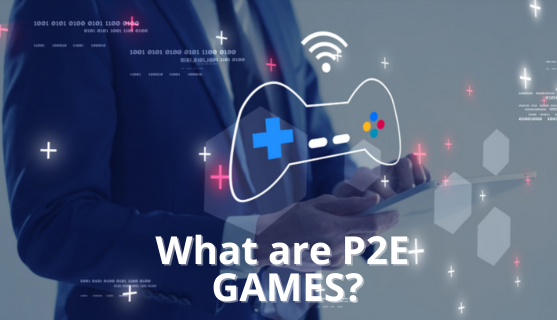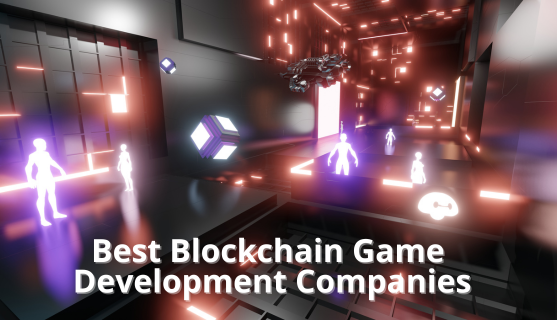Blockchain Technology in Gaming
Blockchain technology in gaming is changing this field by providing secure and transparent transaction tracking and enabling the creation of non-fungible tokens (NFTs) for one-of-a-kind in-game items.
It introduces new monetization models, allowing players to earn cryptocurrency by playing or engaging in fractional ownership of in-game assets.
In this article, we explore its benefits and provide some of the real-world examples of blockchain games.
Table of content
Benefits of Blockchain in Gaming
Blockchain integration offers many benefits to the gaming industry, including enhanced security, greater transparency, and the ability to tokenize in-game assets.
Decentralization in Gaming
Decentralization in gaming refers to shifting control and ownership of in-game assets from centralized entities to players.
This is achieved through the use of blockchain technology, which creates a distributed ledger that records and tracks all transactions. This distributed ledger ensures that in-game assets are truly owned by players and cannot be tampered with or revoked by any central authority.
There are several benefits to decentralization in gaming:
- True Ownership: Players have true ownership of their in-game assets, which allows them to trade, sell, or lend them to others. This creates a real economy within the game that allows players to derive value from their gameplay.
- Increased Engagement: Players are more engaged in games where they have a sense of ownership and can directly benefit from their participation. Decentralization can lead to longer playtimes, higher player retention, and stronger communities.
- Fairer Economy: Decentralized economies are more resistant to manipulation by developers or other players. This creates a more equitable playing field for all participants.
- New Monetization Opportunities: Blockchain and games can create new monetization models that benefit players. For example, players can earn cryptocurrency or NFTs by playing the game, which can be used to purchase in-game items or withdraw real money.
- Player Empowerment: Web3 games give players more control over the game's development and evolution. Players can vote on changes to the game or even develop new content themselves. This leads to a more democratic and player-centric gaming experience.
Decentralization has the potential to change the gaming industry. By giving players more control over their experience and creating new monetization opportunities, web3 games can make gaming more fun, profitable, and fair for everyone involved.
Secure and Untouchable In-Game Assets
The blockchain game industry offers a more secure solution for in-game assets. Blockchains are distributed ledgers that store data across multiple computers, making it very difficult to tamper with or hack. This means that in-game assets stored on a blockchain are much more secure than those stored on traditional servers.
In addition to security, blockchain technology also provides a way to make in-game assets truly untouchable. This is because once an in-game asset is created on a blockchain, it cannot be deleted or modified. This prevents developers or publishers from taking away or manipulating player's assets, which can create a more secure and fair gaming experience.
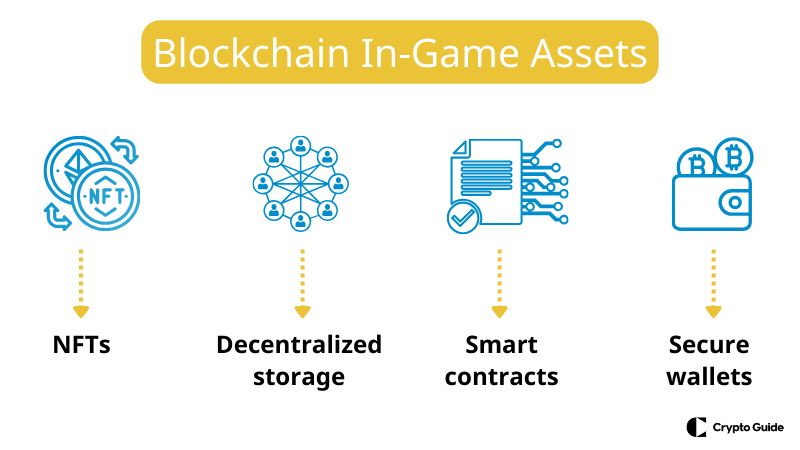
Here are some specific examples of how blockchain can secure and protect in-game assets:
- NFTs: NFTs are unique digital tokens that represent in-game assets, such as items, characters, or land. They are stored on a blockchain and cannot be replicated, which makes them impossible to counterfeit.
- Decentralized storage: In-game assets can be stored on decentralized storage networks, such as IPFS or Filecoin. This means that they are not stored on a single server, making them more resistant to hacking and data breaches.
- Smart contracts: Smart contracts can automate the transfer of in-game assets. This reduces the risk of human error or fraud and can also help streamline the trading process.
- Secure wallets: Players can store their in-game assets in secure wallets, which are like digital vaults that protect their private keys. This prevents unauthorized access to their assets.
Using blockchain technology, game developers can create a more secure and trustworthy gaming experience for players. This can lead to increased player engagement, satisfaction, and retention.
Smart Contracts in Gaming
Smart contracts are self-executing contracts that are stored on a blockchain and run automatically when certain conditions are met. In the context of gaming, smart contracts offer plenty of benefits that can transform the way games are created, played, and monetized:
- Ownership and Control of In-Game Assets: Traditional gaming models typically involve centralized servers that control in-game assets. This centralized approach can lead to issues with fairness, transparency, and player ownership.
- Enhanced Security and Transparency: Blockchain in gaming, upon which smart contracts are built, is inherently secure and transparent. Transactions on the blockchain are immutable, meaning they cannot be altered or deleted. This prevents manipulation of in-game assets and ensures that players have confidence in the security of their virtual possessions.
- New Monetization Models and Play-to-Earn: Smart contracts enable the creation of new monetization models in gaming, such as the play-to-earn (P2E) model. In P2E games, players can earn cryptocurrency or NFTs by playing the game. These earned assets can then be traded or sold for real-world value, creating a new source of income for players. Smart contracts facilitate these transactions securely and transparently.
- Streamlined Development and Reduced Costs: Smart contracts can automate many tasks that are currently done manually by game developers or administrators. This can free up development resources to focus on creating new and innovative features.
The integration of blockchain in gaming and smart contracts in gaming is still in its early stages, but it already provides a more secure, transparent, and player-centric gaming experience.
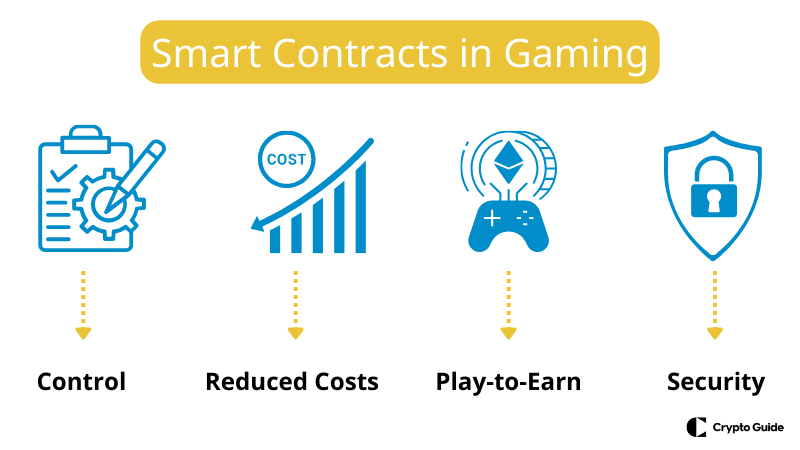
Tokenization of In-Game Assets
Blockchain's tokenization changes gaming by granting players true ownership, allowing them to trade, sell, or lend digital assets and fostering a real in-game economy. This decentralized model not only empowers players but also ensures the security and transparency of in-game assets, preventing fraud and ensuring integrity.
The introduction of P2E through tokenization enables players to earn cryptocurrencies or NFTs by playing, creating a more player-centric ecosystem. Furthermore, tokenization enhances gameplay experiences by incorporating features like smart contracts, automating rules and rewards, and fostering community engagement.
Beyond the gameplay, this integration streamlines development, reducing costs, and minimizing reliance on intermediaries. This transformative potential redefines the gaming landscape, where ownership, security, new monetization models, and enriched experiences converge to shape a future where blockchain and tokenization revolutionize how players interact with virtual worlds.
As technology continues to advance, further applications of tokenization are poised to transform and innovate the gaming industry continuously.
Enhancing Gaming Economies
Blockchain in gaming is fundamentally transforming the way in-game economies operate by introducing new revenue models, play-to-earn mechanisms, and player-driven marketplaces. This transformation is empowering players to take a more active role in the value creation and distribution within games.
Here’s a more detailed look:
- New Revenue Models: Blockchain technology in gaming industry is enabling the development of new revenue models that go beyond traditional pay-to-play or in-app purchases. P2E models are emerging as a popular alternative, allowing players to earn cryptocurrency or NFTs by participating in the game.
- P2E Mechanisms: They provide players with tangible rewards for their gameplay achievements, transforming their in-game activities into real-world value. This can include earning cryptocurrency for completing quests, participating in battles, or owning rare in-game assets.
- Player-driven Marketplaces: Blockchain technology facilitates the creation of player-driven marketplaces, where players can directly trade and sell their in-game assets. This eliminates the need for intermediaries, such as game developers or publishers, who traditionally control the in-game economy.
These transformative changes are ushering in a new era of in-game economies, where players are not just passive consumers but active participants in the value creation and distribution process. Blockchain technology empowers players to take ownership of their gaming experiences and reap the financial rewards of their in-game activities.
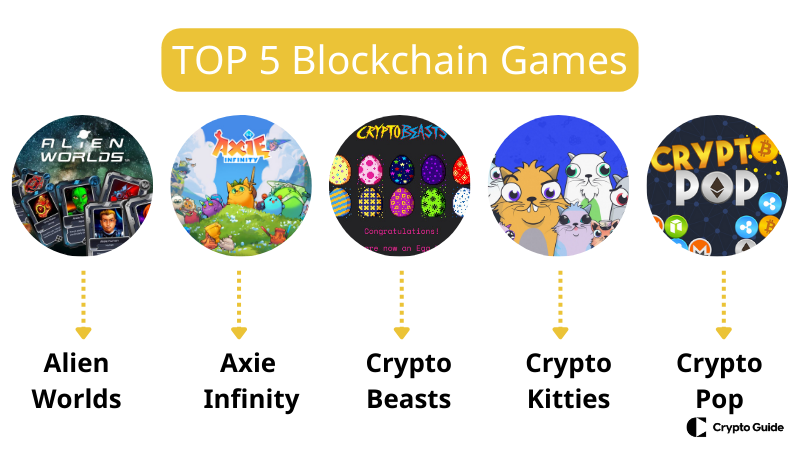
Real-World Examples of Blockchain Games (TOP 5)
- Alien Worlds is a play-to-earn game that allows players to explore, mine, and trade resources on a decentralized planet called the Cryptoverse. Players can earn the native cryptocurrency, Trilium (TLM), which can be used to purchase in-game items, rent land, and stake for rewards.
- Axie Infinity is a creature-collecting and battling game that uses non-fungible tokens (NFTs) to represent Axies, the game's virtual creatures. Players can breed, raise, and battle Axies to earn the game's currency, Smooth Love Potion (SLP), which can be exchanged for real-world money.
- CryptoBeasts is a collectable card game that uses NFTs to represent cards. Players can collect, trade, and battle cards to earn the game's currency, CryptoBeasts Gems (CGB), which can be used to purchase in-game items and power-up cards.
- CryptoKitties was one of the first blockchain games to gain mainstream attention. It is a breedable and collectable game that uses NFTs to represent cats. Players can breed cats to create new and unique kittens, which can be sold on the CryptoKitties marketplace.
- CryptoPop is a puzzle game that uses NFTs to represent blocks. Players can match blocks to earn points and unlock new levels. The game's currency, CryptoPop Tokens (CPT), can be used to purchase in-game items and power up characters.
Conclusion
Blockchain in gaming influences the industry by introducing new possibilities for ownership, security, and monetization. By tokenizing in-game assets and enabling decentralized economies, blockchain is creating a new era of gaming where players have true ownership of their virtual possessions and can earn real-world value from their gameplay.
This is leading to new revenue models like play-to-earn, fostering more engaged and active player bases, and opening up innovative gameplay mechanics. As blockchain technology continues to mature, we can expect to see even more applications that will reshape the way we play, own, and interact with virtual worlds.
FAQ About Blockchain Technology in Gaming
How is blockchain technology used in gaming applications?
Blockchain technology is used in gaming applications to create secure, transparent, and player-centric economies.
Is blockchain good for gaming?
Yes, blockchain is good for gaming because it provides true ownership of in-game assets, enhanced security and transparency, and a new monetization model
How is blockchain changing gaming?
Blockchain is changing gaming by enabling new revenue models like play-to-earn, fostering decentralized economies, and introducing innovative gameplay mechanics.
How big is the blockchain gaming industry?
The blockchain gaming industry is expected to reach $40 billion by 2026.
Why is blockchain the future of gaming?
Blockchain is the future of gaming because it has the potential to revolutionize the way we play, own, and interact with virtual worlds.
